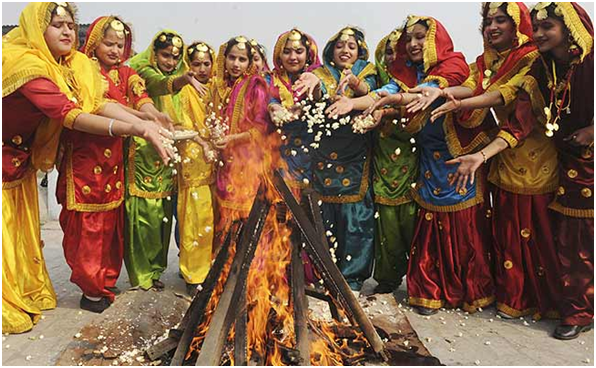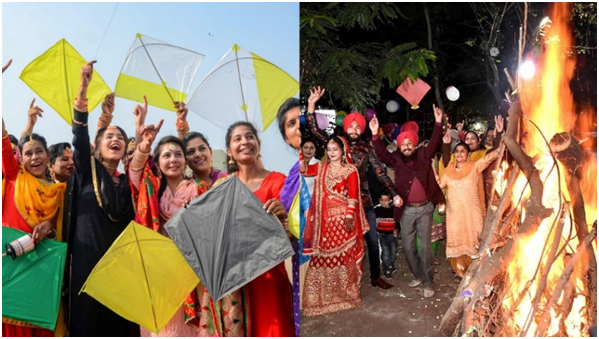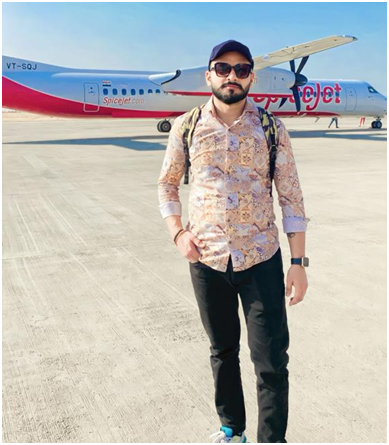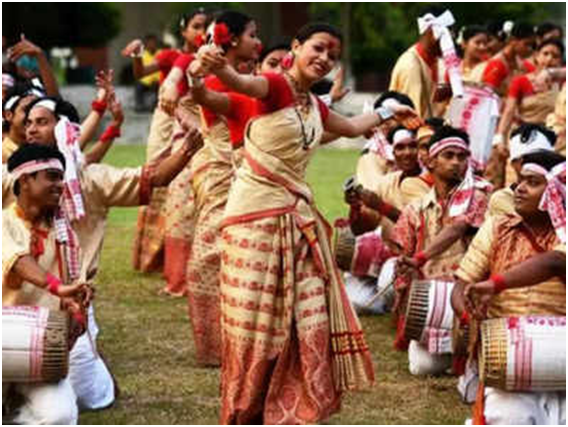Lohri
Lohri is a joyous festival that celebrates new beginnings, prosperity, and togetherness. It s generally celebrated around the end of the first fortnight of January every year, and showcases the rich cultural heritage of Punjab while fostering a sense of community among its people.
The origins of Lohri can be traced back to ancient times when people used to worship fire as a symbol of prosperity and fertility. It is believed that Lohri was initially celebrated as a way to pay homage to the Sun God for bringing warmth and abundance to their lives. Over time, it evolved into a community celebration where people would gather around bonfires, sing traditional songs, and perform folk dances.
One popular legend associated with Lohri is the story of Dulla Bhatti, a legendary hero who lived during the reign of Emperor Akbar. Dulla Bhatti was known for his bravery and generosity towards the poor. During Lohri, children go from door to door singing songs praising Dulla Bhatti’s heroic deeds while asking for treats or money.
Lohri also holds religious significance for Sikhs as it commemorates the birth anniversary of Guru Gobind Singh Ji, the tenth Sikh guru. Sikhs celebrate this day by offering prayers at gurdwaras (Sikh temples) and organizing processions.
Today, Lohri has become an integral part of Punjabi culture and is celebrated with great enthusiasm by people from all walks of life. It serves as a reminder of our agricultural roots, fosters community bonding, and showcases the vibrant traditions passed down through generations.
The celebration begins with a bonfire, which symbolizes the passing of winter and the onset of warmth and light. People gather around this bonfire, singing folk songs, dancing, and offering prayers to seek blessings for a prosperous harvest season. The highlight of Lohri is when people throw sesame seeds, popcorn, and jaggery into the fire as an offering to appease Agni Devta (the fire god).

Another important aspect of Lohri is its delectable food. Traditional Punjabi dishes like sarson da saag (mustard greens) and makki di roti (cornbread) are prepared in abundance. These mouth-watering delicacies are relished by everyone during this festive occasion.

Lohri also holds social significance as it brings people together from different communities to celebrate unity and harmony. It promotes cultural exchange as people exchange sweets, gifts, and greetings with their neighbors and loved ones.
By: Mr. Abhijeet Singh Jamwal (Manager – Security – Ground Services)



